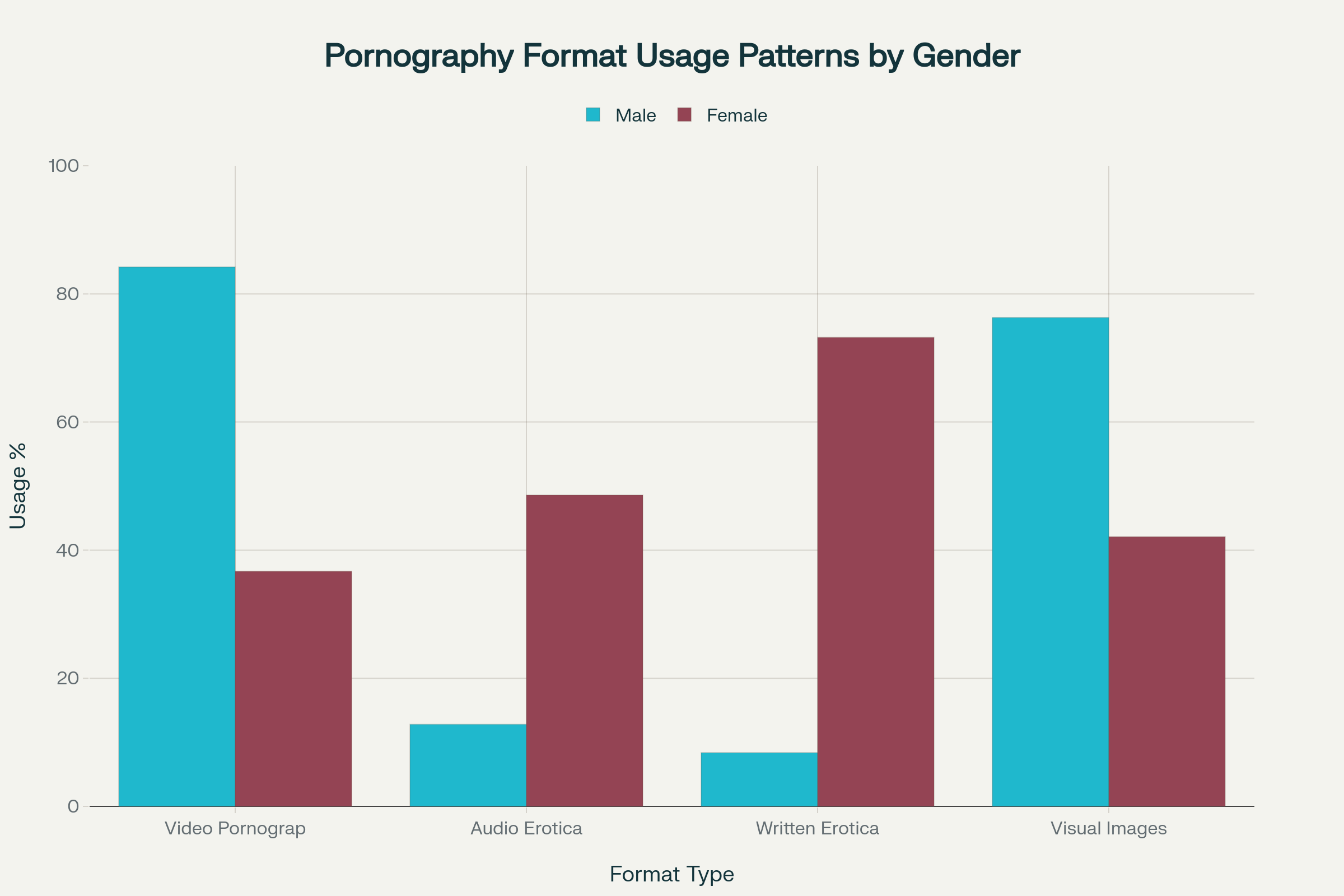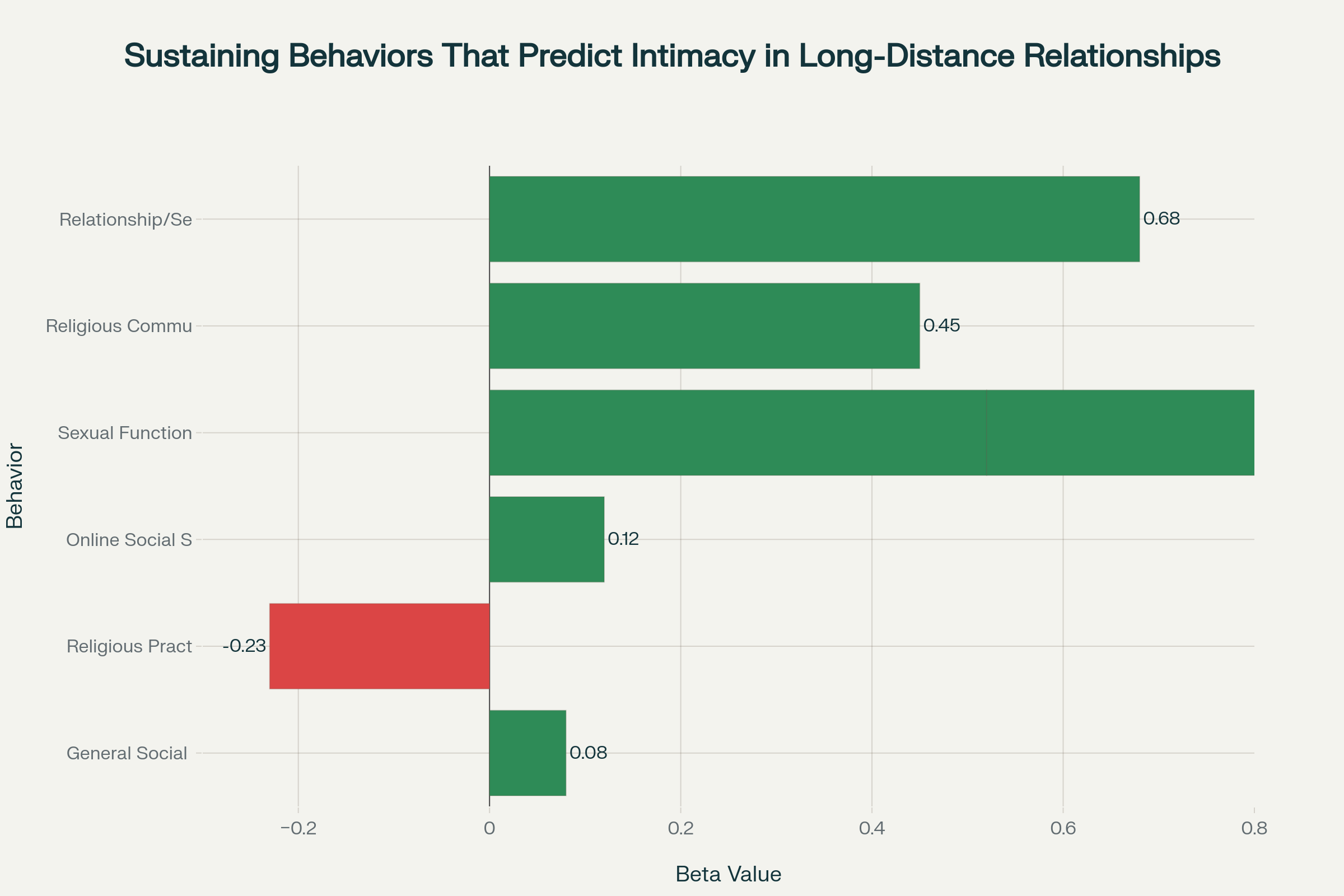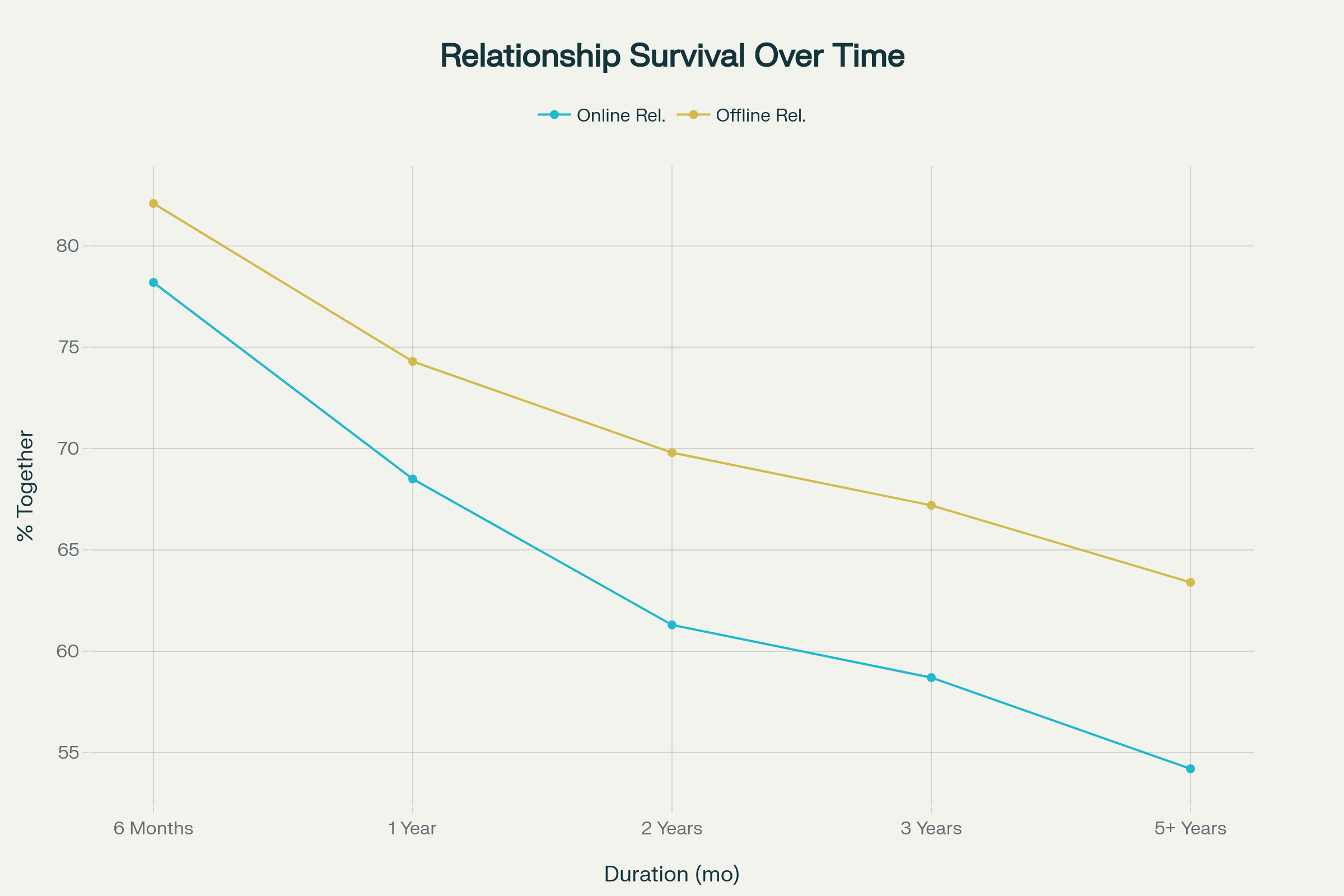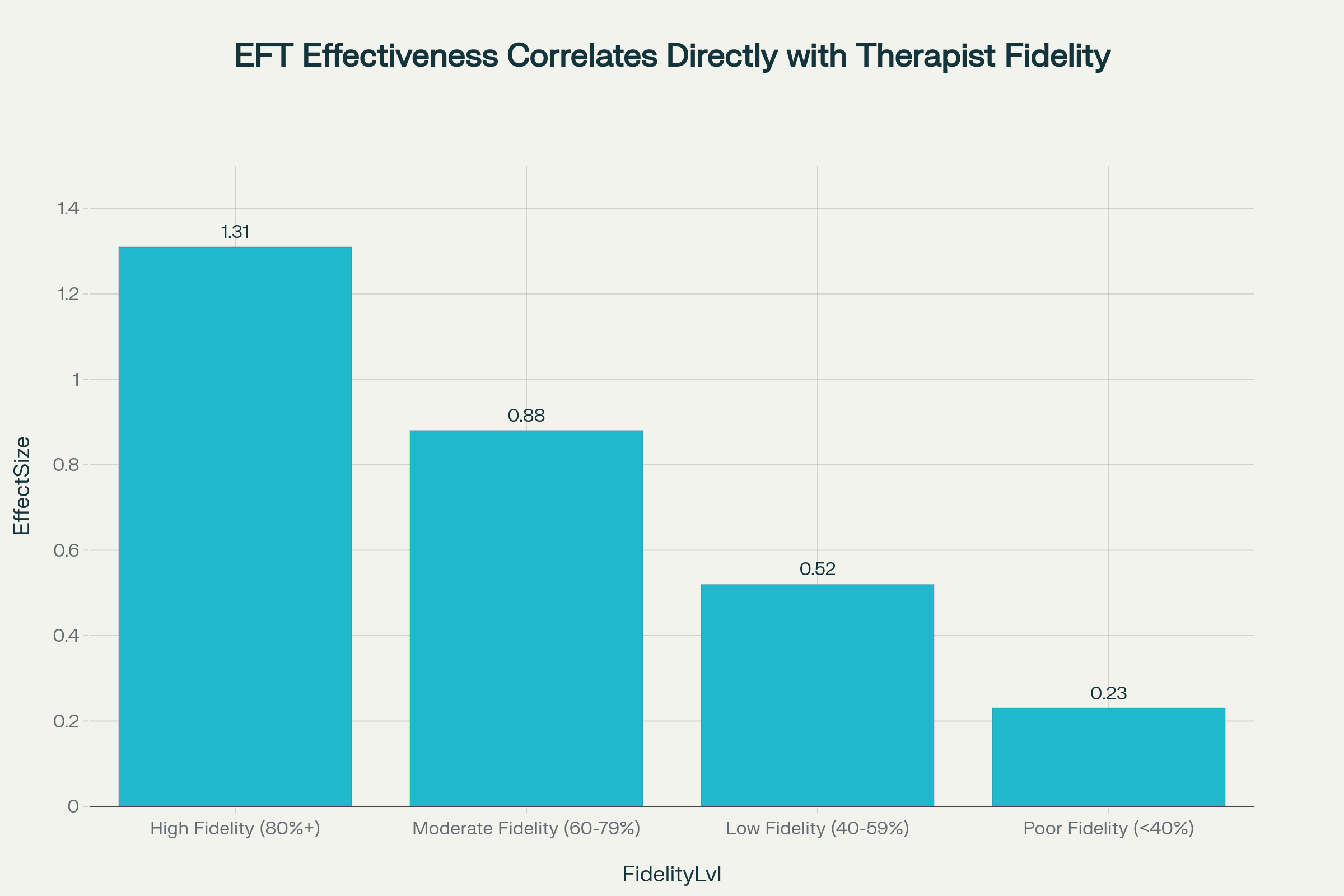Keeping a relationship strong and happy involves a combination of emotional connection, practical behaviours, and mutual support. Key factors include gratitude, effective communication, shared effort, mindfulness, and commitment. These elements help couples maintain satisfaction, navigate challenges, and foster long-term happiness together.
Core Relationship Maintenance Behaviours
- Gratitude and Responsiveness: Expressing gratitude and perceiving a partner as responsive to one’s needs encourages both partners to engage in positive, reciprocal maintenance behaviours, strengthening the relationship over time.
- Effective Communication: Open, honest communication and emotional support are crucial for resolving conflicts and maintaining harmony, especially in challenging situations or early marriages.
- Shared Effort: Consistent effort from both partners, including sharing household tasks and responsibilities, helps stabilise and improve relationship quality.
Emotional and Psychological Practices
- Mindfulness: Practising mindfulness together increases relationship satisfaction, closeness, acceptance, and stress coping abilities. Regular mindfulness practice is linked to sustained relationship happiness and reduced distress.
- Companionship and Appreciation: Enjoying companionship, laughter, and expressing appreciation (e.g., saying “I love you”) are valued behaviours that contribute to happiness, especially in long-term relationships.
Commitment and Investment
- Commitment: Strong commitment, built on satisfaction, investment, and limited attractive alternatives, leads to adaptive behaviours like willingness to sacrifice, effective jealousy management, and prioritising the relationship’s well-being.
- Pooling Resources: Couples who pool finances report higher relationship satisfaction and stability, particularly when financial resources are limited.
Sexual Connection
- Sexual Communal Strength: Being motivated to meet a partner’s sexual needs and expressing gratitude in the sexual domain are linked to greater sexual and relationship satisfaction.






